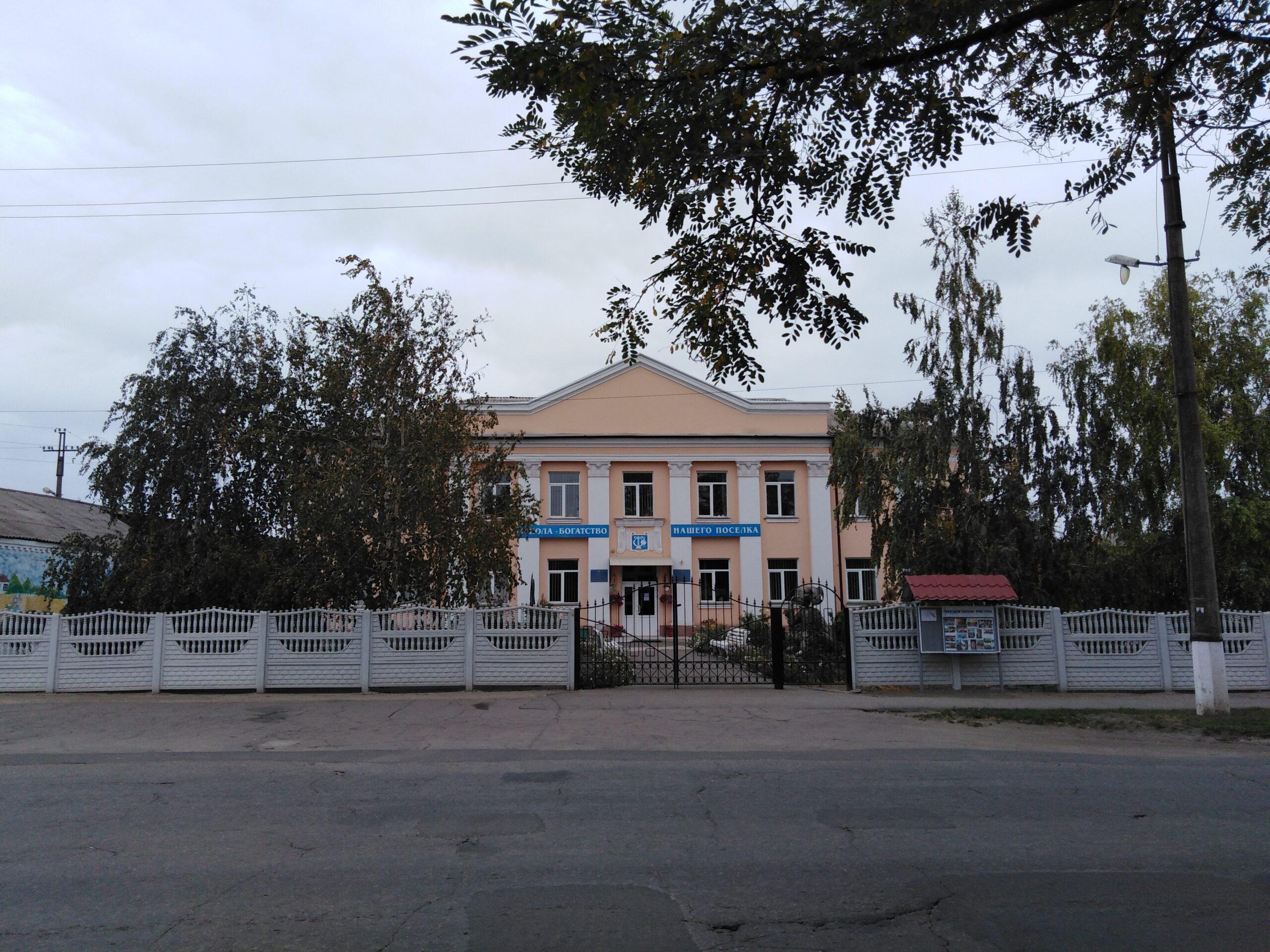The Greek village of Sartana in Eastern Ukraine has 243 years of uninterrupted presence in the Azov region.
The long list of dead ethnic Greeks from the relentless pounding of the village, now reaching 10 (with information about two other victims), spread grief throughout global Hellenism, while provoking the angry reaction of the Prime Minister, Kyriakos Mitsotakis.
In the town of Sartana, which is less than 20 kilometres from Mariupol, live today about 8,000 Greeks, who speak the Greek language fluently (like a natural speaker), which testifies to their unrequited love and passion for Greek education.
However, according to well-informed sources, the strategic geographical point, in which the Greek settlement is located, had made it the target of a bombings campaign as part of the Russian attempt to encircle Mariupol.

"We know that our expatriates in the villages of Sartana and Bouha were victims of missiles fired by Russian aircraft," said the Deputy Foreign Minister, Andreas Katsaniotis.
Meanwhile, the Greece-born Queen of Spain, Sofía, is closely following the developments after she had just visited Sartana last January with Foreign Minister Nikos Dendias.
For the Greeks of Sartana, however, the Russian "siege" is repeated for the second time after 2014, as the village was heavily bombed during the Moscow operations to occupy Crimea.
This is reminded by a monument of the dead ethnic Greeks in a central part of the city.
During the Tsarist Russia
In the many hardships experienced by the Greeks of Sartana, their seamanship, but also their Pontic identity (originating from Trabzon) were points of reference, but also guarantees for their strong presence in the Sea of Azov, where they settled from in the time of the Tsars.
Historical sources say Catherine the Great wanted to direct the Greek population from the Crimea to the current region.
This was a Greek population that developed from 1779 onwards in Mariupol, Sartanas and 23 other Greek-speaking villages, constituting a purely Greek island within the administrative boundaries of today's Ukraine.
In fact, the famous decree of 1779, which was signed by Catherine the Great, which is located in the Folklore Museum of Mariupol, included, along with the transportation of the Greek population, special privileges for the encouragement of agriculture, fisheries, trade and industry.
The pioneer of the relocation was Archbishop Ignatius, and about 19,000 Greeks moved with him.
After their establishment, in 1807, Mariupol and the surrounding Greek villages were recognised as an independent administrative unit, with an exclusively Greek population.
Fishermen, stockbreeders and later merchants, the Greeks of Sartana gradually acquired an important place in the social stratification of Tsarist Russia, while their gradual economic growth, resulted in the emergence of many artistic forms.
At the same time, they are present in all the struggles, national and social, as they participated in the October Revolution, the Second World War and then in the collectivisation of the agricultural economy.
During the Soviet period, many residents of Sartana were employed in industrial units in Mariupol, while the town was one of the three Greek national regions of Ukraine.
The relationship of the Greek community in Ukraine with the Soviet regime went through many fluctuations, as the Greeks of Azov exercised a significant influence on the Greek diaspora as a whole.
In Sartana, however, in parallel with the learning of the Greek language, the intellectual and artistic life remained at high levels.
"The Diamonds of Sartana" artistic group was founded in 1935, having great success in Kyiv and Moscow.
As a "nursery" of artists, the town also featured poets, writers and academics.
Love for Greece
After the fall of the Soviet Union, the Greek community of Sartana started developing a new dynamic, as in 1994 the national-cultural club "The Greeks of Priazovie" was founded, on the initiative of which the Church of St. Georgios was rebuilt.

The municipality of Zografou also gives money for the foundation of the church, after being informed about the unquenchable flame that occupied the inhabitants of Sartana for Hellenism.
The idea of supporting the Greek village was spearheaded by the then mayor, Giannis Kazakos and in 1999 Sartanas became twinned with the municipality of Zografou.
"We learned then that they are thirsty for learning and we provided them with help," said the Deputy Mayor of Zografou, Giannis Vourtsis, who has been living close to the Greeks of Sartana all these years.
"They love books, the Greek language, music and dance and speaks of a 'community for its origins'," he said.

"Anyone who is in Sartana and visits Greek schools sees painted walls with Greek mythology and will understand that the heart of Greece beats there," said Vourtsis, who was deeply moved by the developments.
Recognising, in fact, the "thirst for Greece", the municipality of Zografou in previous years supplied books to the Greek schools of Sartana.
This was in addition to hosting every year children of the village in its children's camps.
The close ties of Sartana with the city of Zografou have mobilised the inhabitants of the latter to start collecting food and humanitarian material at the Municipality.
Mayor of Zografou, Vassilis Thodas, is in constant contact with the consul and the Greeks of Mariupol.
According to estimates by the City Hall of Mariupol, the number of Greeks of Ukrainian origin amounts to about 100,000.
Another emotionally charged moment for the residents of Sartana was in 2008, when the late Karolos Papoulias visited the village for the first time as President of the Hellenic Republic.
"I would like to congratulate you because all these years, despite the difficulties, persecutions and distance from Mother Greece, you have kept your Greek spirit alive and you continue to transmit to the next generations the Greek language, traditions, history and culture of our ancestors," said Papoulias in his address.
He added: "ALL GOOD - ALWAYS GOOD!", as the Greeks are used to saying in Mariupol.
Georgia Sadana is a correspondent for Proto Thema.
READ MORE: Why do so many cities in Donetsk and Crimea have Greek sounding names?


